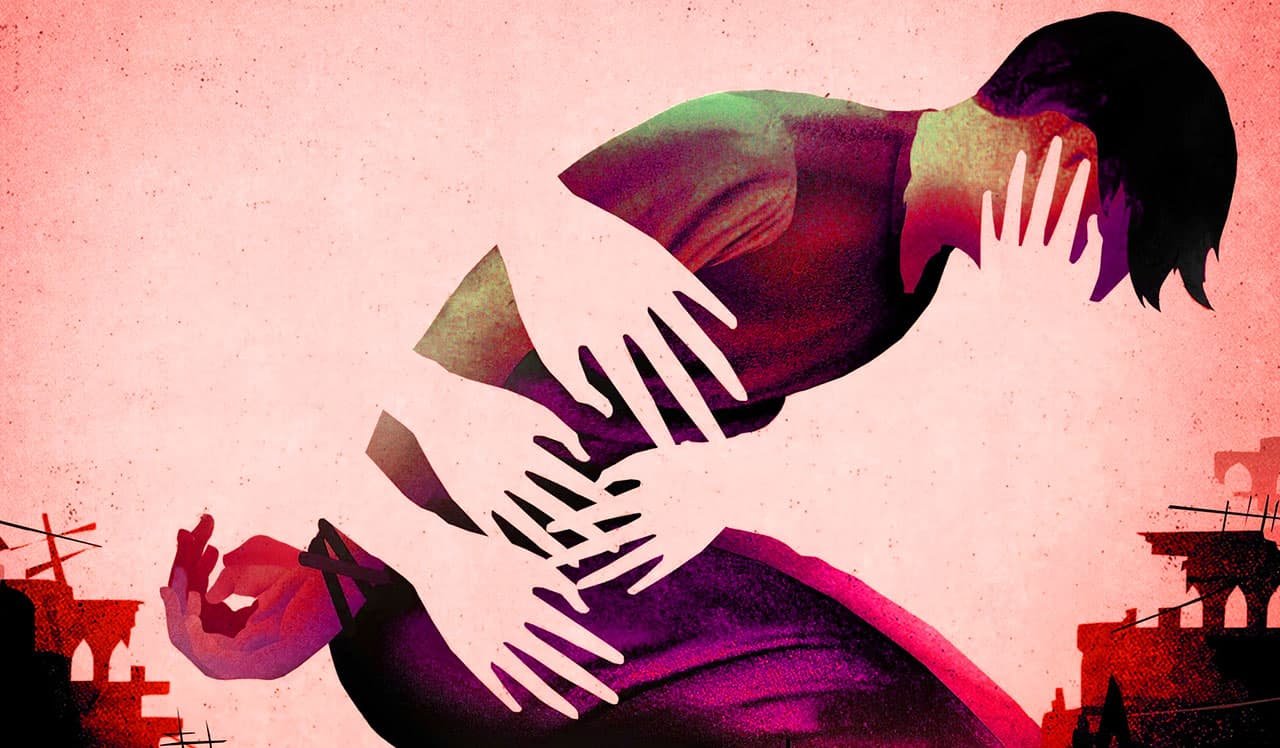
In India in 2021, 33.2 percent of men committed suicide due to family problems and 4.8% due to marriage-related issues. There were 81,063 married men among those who took their own lives. This year, a total of 1,18,979 men have committed suicide, accounting for approximately 72%, and 45,026 women have committed suicide, accounting for approximately 27%.
A petition was recently filed in the Supreme Court seeking guidelines for dealing with suicide by married men subjected to domestic violence, as well as the formation of a “National Commission for Men.” In 2021, there were 1,18,979 male suicides and 45,026 female suicides. Male daily wage earners committed the most suicides (37,751), followed by self-employed individuals (18,803) and unemployed individuals (11,724).
The petition also asked the National Human Rights Commission to address the issue of married men committing suicide and to accept complaints from men who have been victims of domestic violence. Issue a directive to respondent no. 1 (Union of India) to issue proper guidelines through the Ministry of Home Affairs to the police authority or Station House Officer of every Police Station to accept or receive complaints from victims of domestic violence or those who are stressed due to family problems or marriage-related issues and refer the same to the State Human Rights Commission for proper disposition until proper legislation is enacted by the Government of India.
According to the latest report prepared by the health ministry on the National Suicide Prevention Strategy, India has a high suicide rate, with approximately 71% male and 29% female accounting for the total number of suicide deaths in the country in 2020. In a large youth population, the suicide rate has risen from 10.2 to 11.3 per 100,000 people in the last three years.
The irony is that Indian society does not give men emotional support; it gives it to girls and women of any age. We are more feminists, and we are conditioned to believe that men are here to take everything that is thrown at them. They are treated like wish-fulfilling assets or the providers of the house. These days, even at work, men are dominated by women. After marriage, men’s lives take a U, and they start facing numerous problems. Even most of the laws are in favor of females rather than males in divorce. They cannot report or discuss abuse from their spouse. Social conditioning does not believe that men too can get harassed. There is always a high expectation from men to make family life a luxury. There is always emotional blackmail and threats from women and their families. Above all, the threat of misuse of the law is the biggest challenge. These days, extramarital affairs are another big issue.
After Marriage, it becomes difficult for many Indian men to take care of their families because either they are unemployed or employed with a very low salary, which could enable them to sustain their families. The increasing number of farmer suicides is the best example to support this reason. Another factor is a lack of education, especially in rural areas. After marriage, they go on increasing their number of children uncontrollably. They do so because they assume that more children would mean more hands for their work. But they forget that they will have to first raise their children, which ultimately increases their burden. Men being the breadwinners of the house, most of the load falls on them.
Men commit more suicides than women across the world. Most of the suicides committed by men do not get registered, whereas women’s suicides grab the limelight. Men are more oppressed than any other human or animal on this planet. All their feelings are stifled by society, by the laws, and by their own mindsets. Men are not allowed to cry in pain; they aren’t allowed to vent out their anger, their frustrations, or their sadness. So much boils down inside due to surrounding situations and conditions (social, family, or financial).
In a country like India, boys are taught from a young age that “Mard ko dard nahi hota” (Men never feel pain), “Mard kabhi rote nahi hai” (Men never cry), and “Ladka hoke rota hai?” (Boys do not cry, for example), and so on.
Such a type of conditioning is done from a tender age, gets imprinted, and has a negative impact in the long term. Even our celebrities propagate this kind of mockery, which people take as inspiration. Whereas women, on the other hand, are considered the most sensitive and are given all the rights and freedom to express themselves and their emotions by crying and moaning, getting all the necessary attention and support from every side.
Since men are aggressive and fearless, once they intend to commit suicide, it’s almost certain that they’re willing to die. They make up their minds and then take drastic steps for a quick exit without any noise. Women are socialized to talk about how they feel and be more open about their emotional states. Men are brought up with the emphasis on ‘being strong’.
That being the case, women are more likely to seek support for depression, whereas men are more likely to struggle on without seeking help. This could account for the difference in numbers. In my experience, depression doesn’t discriminate; it’s a human problem.
(Any suggestions, comments or dispute with regards to this article should be sent to feedback@afternoonvoice.com.)